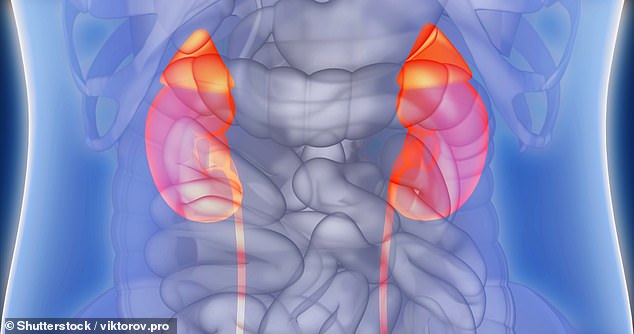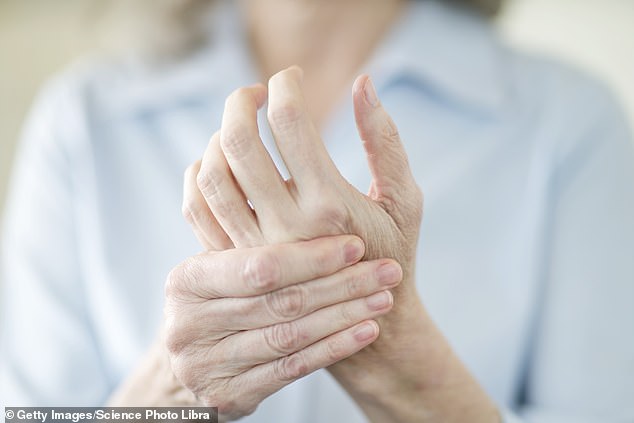Lately I’ve been feeling tingling in my left hand. Often my fingers are so numb that I can squeeze them and not feel anything. My elbow also hurts at the same time. What can be? I am 66 years old.
Michael O’Donnell, via email
The fact that tingling and numbness in your fingers coincides with pain in your elbow suggests that a problem with the ulnar nerve is the cause.
This nerve, which runs in a groove near the elbow, helps move the forearm, hand, and some fingers (mainly the little finger and ring finger, but also the middle finger). It also sends information about touch, temperature and pain to the brain.
When people hit their funny bone, which can be excruciating and strangely numb, they have actually hit the ulnar nerve in its canal at that location.
A typical cause of tingling and numbness in the pinky and ring fingers is prolonged elbow flexion. I sometimes see this in patients who sleep on their side with their elbow flexed. However, this is usually quickly relieved within minutes by stretching the arm.
Tingling and numbness in your fingers may be caused by the sensitive ulnar nerve coming out of its groove along the arm.
Another cause, although much less likely, is arthritis of the elbow, which is rare and, in any case, does not usually affect the ulnar nerve.
I’m wondering if you have had any previous elbow injuries and if gradual scar tissue could be causing irritation in this area of the ulnar groove. I would suggest that you ask your GP to do a full examination of this area.
I recently had a blood test at my GP’s office and was told that my kidney function is 27, which after consulting Dr Google, seems very serious. How can I manage this problem? Is it a precursor to dialysis or a kidney transplant? I am 67 years old, have a balanced diet, walk two to four miles every day, and do not overindulge in food or drink.
Barry Cooper, Woking
Our kidney function is usually assessed by measuring our estimated glomerular filtration rate or eGFR.
Literally, it’s a measure of how well the kidneys filter waste and excess fluid from the body, which is reflected in blood tests. The normal glomerular filtration rate in a healthy young adult is 80 to 120. And while the glomerular filtration rate declines with age, a reading of 27 suggests the problem is chronic kidney disease (CKD).
It is an increasingly common disease that affects more than seven million people in the UK, but can often go undiagnosed for a long time as patients tend to experience no symptoms initially.
As the disease progresses, it can cause shortness of breath and fluid retention (causing swelling of the ankles, feet or hands and high blood pressure), as well as fatigue. Common causes include long-term diabetes or a history of high blood pressure (both can damage the small blood vessels in the kidneys), as well as risk factors for cardiovascular disease, such as high cholesterol and smoking (again, due to damage that these can cause). to the blood vessels).
Other possible triggers include heart failure, obesity, and recurrent urinary tract infections.

Chronic kidney disease is a common condition affecting more than seven million Britons, but can often go undiagnosed as patients tend not to experience symptoms initially.
In my opinion, he should be referred to a nephrologist, have a renal ultrasound and may have further investigations, possibly undergoing a renal biopsy.
While the discovery of your low eGFR is concerning, whether you need kidney dialysis depends on several factors, and there may be other treatment options that stop any deterioration in function.
Write back once you have undergone investigation and lobby your GP for an immediate referral.
In my opinion… Serious risks of online prescriptions
As a doctor, I am not allowed to prescribe medication to my own family. I say “not allowed” but it is not actually illegal, just very frowned upon and could lead to some sort of reprimand from the regulatory body, the General Medical Council.
The reason for all this is that, however motivated I may be, my judgment might not be impartial with regard to my nearest and dearest, and this could unintentionally threaten their health. Furthermore, I may not be aware of aspects of their private medical history that are relevant to their condition. So why are doctors allowed to prescribe drugs to patients they have never seen based on a telephone or online consultation? Details of past medical history are too easily omitted, either because the patient does not recognize their relevance or to hide something.
We know, for example, that young women with fatal eating disorders are obtaining supplies of the revolutionary weight-loss drug semaglutide in this way.
I once met a young student who was addicted to the sleeping pill zopiclone, which he had been obtaining for years through a variety of online enquiries. My concern is that the regulatory bodies are letting this slip through the net, until something terrible wakes them up.

